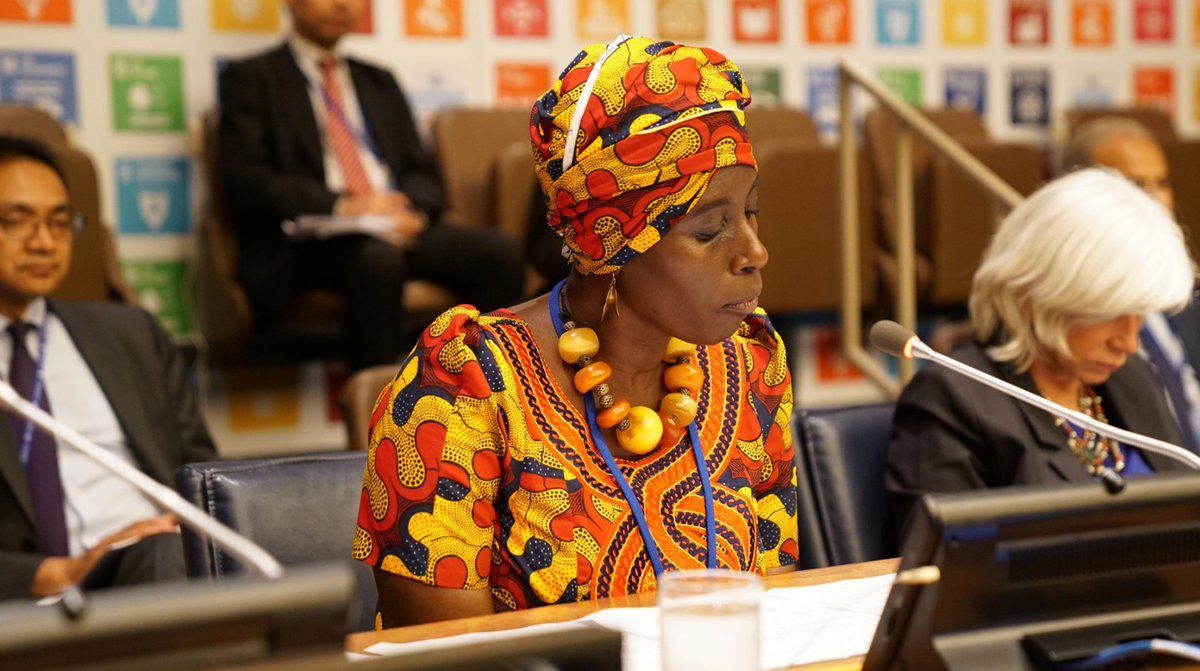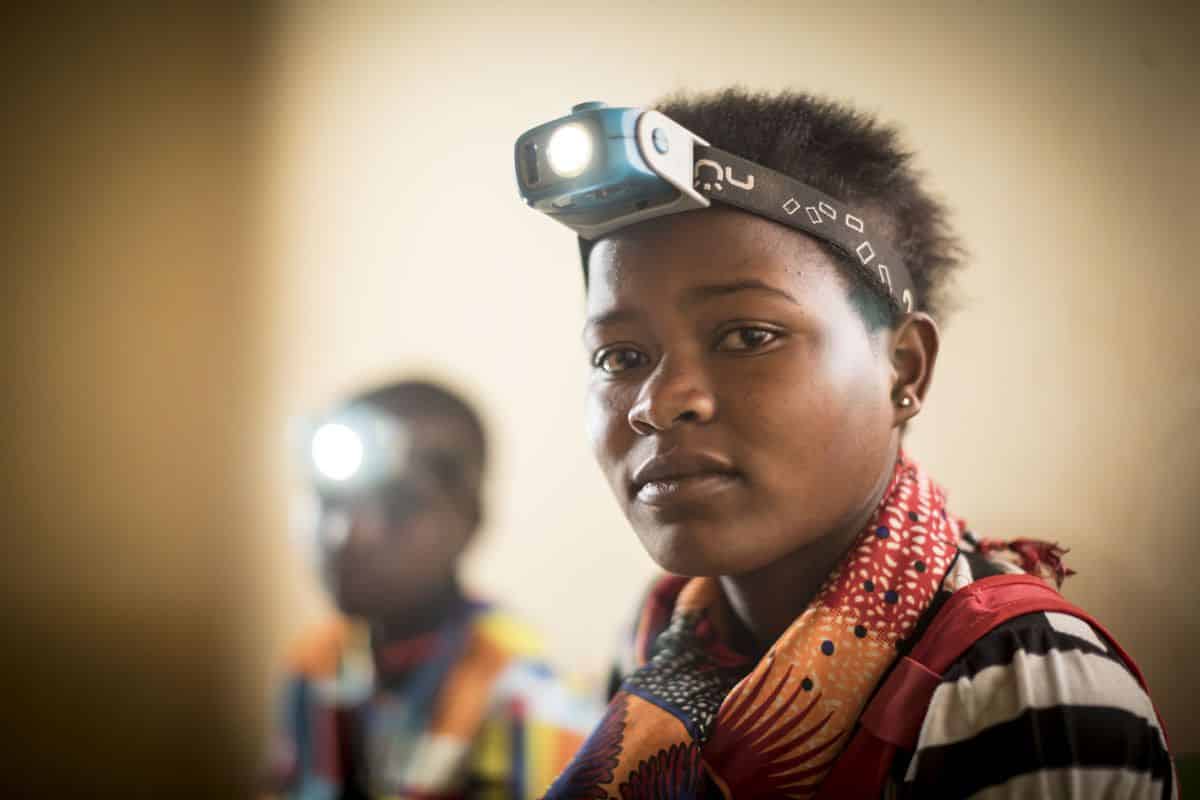The High-Level Political Forum is an annual conference crucial to review progress towards the Sustainable Development Goals (SDGs). Under this year’s theme “Transformation towards sustainable and resilient societies”, from 9 to 18 July, the Forum discussed a set of SDGs and their interlinkages, with a focus to SDG 6 (clean water and sanitation), SDG 7 (affordable and clean energy), SDG 11 (sustainable cities and communities), SDG 12 (responsible consumption and production), and SDG 15 (life on land). In addition, Goal 17 (Strengthen the means of implementation and revitalize the Global Partnership for Sustainable Development) has also been reviewed annually. This year, the event brought together 47 countries, which presented their voluntary national reviews (VNRs) on the efforts to implement the 2030 Agenda.
The Forum represents a tremendous opportunity for governments and civil society leaders to further include gendered approaches in their strategies, as an essential step towards social development and economic growth. Despite the fact that is not under review, SDG 5 on gender equality and women’s and girls’ empowerment is central for the achievement of all the SDGs. As it has been proven time and again, sustainable development cannot be reached if half of the population is discriminated and left behind. In this context, also the provision of affordable, reliable, sustainable and modern energy for all -SDG 7- can only take place as a result of more integrative gender-aware energy policies.

Goal 7 implementation review session at the High-Level Political Forum 2018
Numerous linkages between SDG 5 and SDG 7 have been highlighted throughout a large variety of side events, and the key points have been discussed during the session on the progress made in implementing SDG 7 on energy access. “With 12 years remaining to achieve SDGs targets by 2030, we are not performing well on the principle of leaving no one behind, particularly in addressing gender inequalities” said Sheila Oparaocha, ENERGIA’s International Coordinator during the high-level panel. In her speech, Sheila Oparaocha outlined four key challenges:
- Cooking fuel technologies: Around 3 billion people – about 40% of global households – are still using traditional stoves and fuels, increasing the risks of health diseases, also impacting negatively on the environment and climate progress. Annually, more than 4 million deaths are attributed to traditional cooking methods (7.7% of total global mortality). Being more vulnerable, women and girls are disproportionately affected by the consequences of inefficient, traditional cooking. Accelerating the transition towards clean technologies has positive impacts on the achievement of gender equality. “A broad view of the entire household cooking cycle needs to be taken, including not just improved stoves but also clean cooking fuels, kitchen and housing design, food preparation and processing, and improved technology for the ergonomic collection and transportation of firewood” explained Sheila Oparaocha.
- Last-mile energy access: One billion people, mostly in rural areas, currently live without electricity, largely affecting women’s and girls’ education and future income-generating opportunities. Without an urgent action to bridge this gap, the world will not be on track to achieving sustainable energy for all. Sheila Oparaocha argued that “connection rates by women are still often much lower than those by men, as demonstrated by a study done by the World Bank in Rwanda. The study shows that the connection rate for female-headed households is 16% compared to almost 26% by male headed households”.
- Women’s limited opportunities in the energy sector: Barriers to women range from lack of access to capital and credit, to mobility, limited opportunities in STEM fields, discrimination in pay and a persistent glass ceiling for managerial positions. However, increasing women’s participation in the energy sector show various benefits, including economic and social development outcomes. As agents of change and primary users of household energy, women play a critical role in advancing sustainable and clean access for all.
- Lack of sex disaggregated data: Data are essential to address women’s and men’s needs, and the gaps between them. Gender-disaggregated data help policymakers and development practitioners to track progress of SDGs and design targeted programs and policy interventions. We must step up action, and failure to do so implies that “we will fall short of achievement of SDG 7 and consequently also on SDG 5”.
Including women in energy is good for SDG 7, good for business, good for development. Most of all, is fundamental to living up to the principle of leaving no one behind
Sheila Oparaocha, ENERGIA’s International Coordinator
Recommendations and actions for sustainable development
Three priority actions will be critical for addressing existing gaps:
- Apply a gender lens to all SDGs and all energy actions: Cross-sectoral cooperation, sex-disaggregated data and policy planning at all level is requested. As some major entities have adopted gender policy and gender action plans for their activities -the Green Climate Fund, ECOWAS and the World Bank-, there is still a significant lack of gendered approaches into international, national and local action plans.
- Clean cooking needs to be a top political priority: Promote and invest in clean-cooking technologies and fuels and in decentralized sustainable energy technologies is necessary to ensure energy access to all. To achieve it, “barriers to women executives, entrepreneurs and employees must fall, and their representation on national and global energy bodies should grow”.
- Strengthen women-centric business models for expanding energy access to all: Sustained efforts and investments to enhance women’s participation in the energy sector are needed. Both governments and private sector must strive for a more gender-inclusive energy sector, by expanding women’s access to finance and building a conducive enabling environment for women entrepreneurship.
A comprehensive approach to SDG 7 that highlights its strong linkages with SDG 5 will contribute to achieve sustainable energy for all as well as to address gender gaps by promoting women’s entrepreneurship. Because “including women in energy is good for SDG7, good for business, good for development and fundamental for a just energy transition”.











Follow us on: